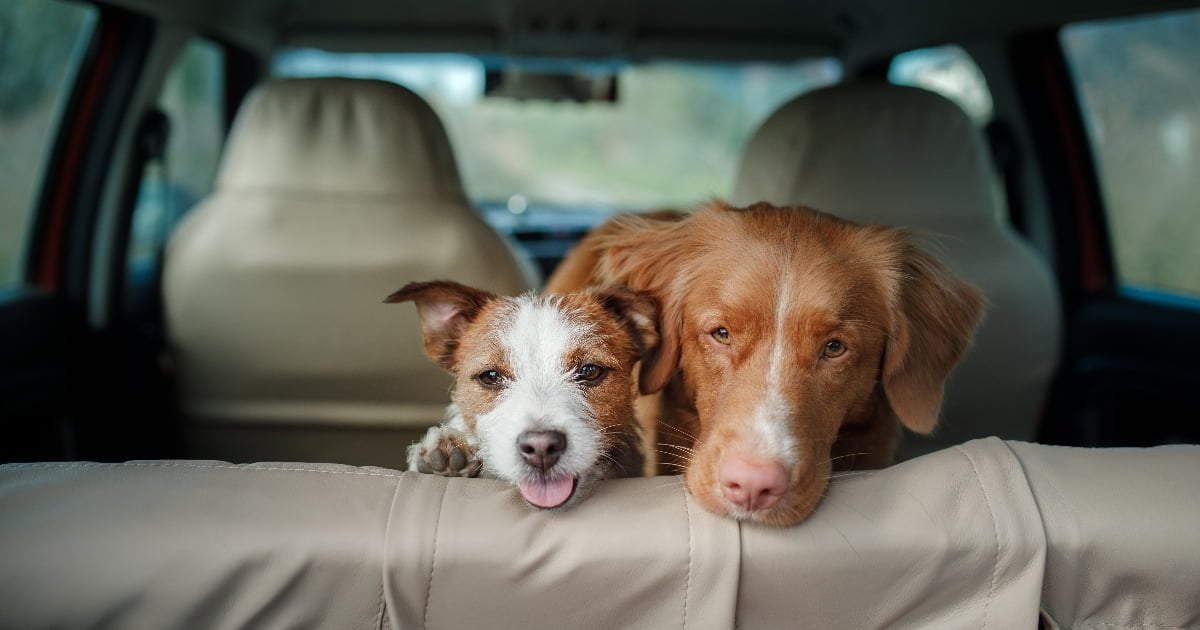
TRENDING

SIGN UP and Start Receiving
Our Monthly Newsletter,
The Chronicles
TIPS FOR SAFE, STRESS-FREE PET TRAVEL

Implement these travel tips to ensure your pets remain healthy and happy, wherever you travel these holidays.
- Travel Planning
If you are visiting friends or family these holidays, make sure your hosts are happy to welcome your pets into their homes. Ask about any special requests or rules regarding pets in their home to ensure your visit is stress-free and enjoyable for everyone.If you are staying in a hotel, ensure that it is pet-friendly and that you have read their pet policy carefully to avoid any surprises once you arrive. If your pets are staying in a kennel or if you have hired a pet sitter, ensure that you have received references vouching for their services.
Provide an up-to-date emergency contact number list (including your veterinarian’s contact details), as well as a list of instructions detailing for example, feeding times and medication details. If you are hosting friends and family, consider providing a quiet place where your pets can take a break from the traffic and excitement that can become stressful.
- Pet Vaccinations, Tagging and Chipping
Make sure your pets’ vaccinations are up to date . - Packing the Doggy Bag
While packing your bags, remember to pack the basics for your pets too, including food, medicine, a leash and a tagged collar, dog baggies and whatever else your beloved pooches will need to feel safe and comfortable away from home. Don’t forget to pack their vaccination booklets or certificates! - Driving with Daisy
When travelling in the car, keep your pets safe and secure in a well-ventilated crate or pet carrier that is large enough for them to stand, lie down and turn around in. Comfortable bedding is always welcome.Stop every so often so that your pets can walk around and stretch their legs, relieve themselves and stay hydrated – this will avoid unnecessary accidents in the car. A mini ‘pet pack’ for the car that includes a water bowl, food, toys, paper towels and bags will come in handy. NEVER leave your pets unattended in an unventilated, parked vehicle.
- Beware of Tick Infested Areas
In Australia, there are about 70 different sorts of ticks especially prevalent along the Eastern coast. Most tick bites are caused by the paralysis tick Ixodes holocyclus (also referred to as the grass tick, seed tick or bush tick), and can be found as far as North Queensland to Eastern Victoria! Other common types of ticks are bush ticks or brown dog ticks. The presence of ticks increases during ‘tick season’ – October to March, which means that the beginning of spring is the ideal time to remind yourself to protect your pets, especially when travelling.
Tick bite symptoms to watch out for in dogs and cats include uncoordination, weakness, collapse, vomiting or retching, change of bark or meow and difficulty breathing. Remember, ticks can also attach to items you bring home with you, so there is also a potential risk to pets that stayed home, if you have been in an infected area.








